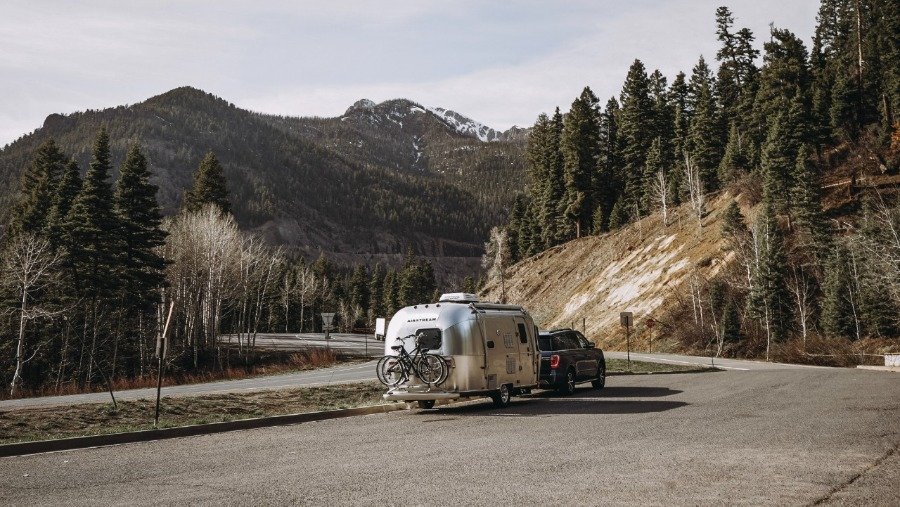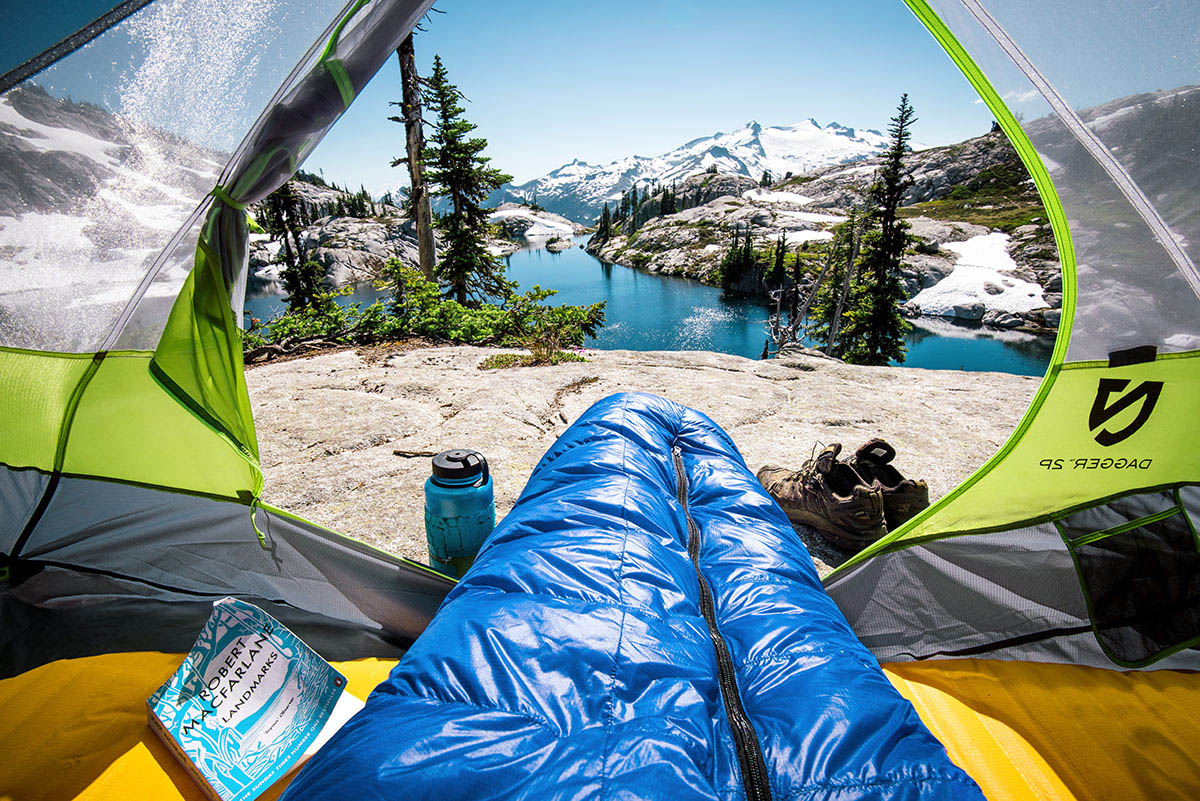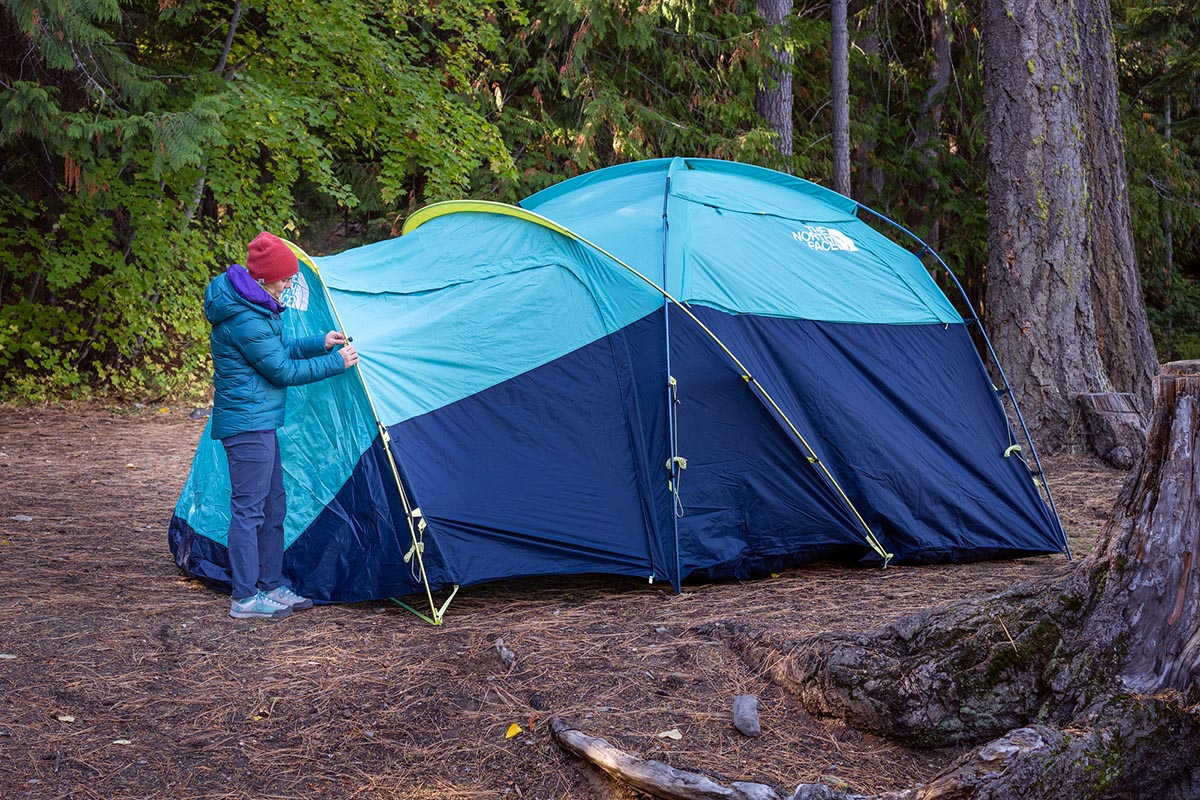AI for Campers: AdventureGenie Offers AI-Powered Trip Planning
He typed in “six-week tour of national parks in the Southwest.” The results included a photo travel blog, an Amtrak page, and various links to itineraries that didn’t match what he was looking for. Thus began the tiresome slog of road-trip planning that’s likely familiar to many readers.
“Camping is fun,” Lengel said in a GearJunkie interview Tuesday. “But planning camping is painful.”
With his new AI-based travel business, AdventureGenie, Lengel hopes to improve the process for everyone. While the internet might have revolutionized access to information more than 20 years ago, it now feels like its own wilderness — and with no map to help navigate it. Increasingly, companies and individuals are turning to artificial intelligence to find their way.
Lengel started AdventureGenie to offer RVers and campers an AI-based travel planning tool. The site’s campground database and its curated itineraries, called GenieTrips, are free to use. But with a (currently discounted) annual subscription of $50, users can also access its “AI-powered trip planner”.
“We answer the three key questions on campers’ and RVers’ minds: What to do? How to get there? Where to stay?,” said Lengel, the company’s CEO.

AdventureGenie: Meet Your Robot Travel Agent
AdventureGenie’s services fall into a few categories.
For starters, the site’s database includes more than 25,000 public and private campgrounds. Its first feature, GenieSummaries, collates various sources of info on each campground to offer a concise summary. Lengel said it’s much easier than asking travelers to digest hundreds of reviews on their own.
Then there’s GenieScores, which assigns ratings to each destination, and GenieMatch, which tells users how likely they are to enjoy the campground. Artificial intelligence powers each of these tools. In addition, first-time users can choose to fill out a questionnaire of preferences that enable the site’s AI to personalize its suggestions.
Those preferences could include the need for power, water, and sewer facilities for an RV. They can also include amenities like pools and hot tubs, the ability to bring pets, the proximity to hiking, or the price range, among other data points.
Users that pay for a subscription get access to the AdventureGenie’s trip planner, which might be the site’s biggest selling point. The planner allows users to enter a few destinations (cities, parks, campgrounds, or specific addresses) along with some general dates. Then the AI fills in the trip with campground and activity suggestions based on user preferences.
“As part of our system, you can say ‘Get me the most direct route,’ or you could say ‘I wanna roll the dice’,” Lengel said. “We actually have that built into this initial release. In reality, that’s an example of where our AI is going to get better and better.”
For those looking for something ready-made, there’s also the GenieTrips. Examples of these curated itineraries include the Ozarks Odyssey, which takes travelers through colorful Arkansas forests; an Idaho Road Trip through the state’s mountains, lakes, and waterfalls; or a cruise through the Florida Keys.
Regardless of how users choose to leverage the platform, Lengel hopes it helps them cut down on the online sleuthing often required just to find the right campsite for their road trip.
Like any AI-based tool, it will improve its suggestions the more you ask it for help.
“Our aim is to add more intelligence on at least a monthly basis,” Lengel said. “The more you use it, the more we will know about you.”







